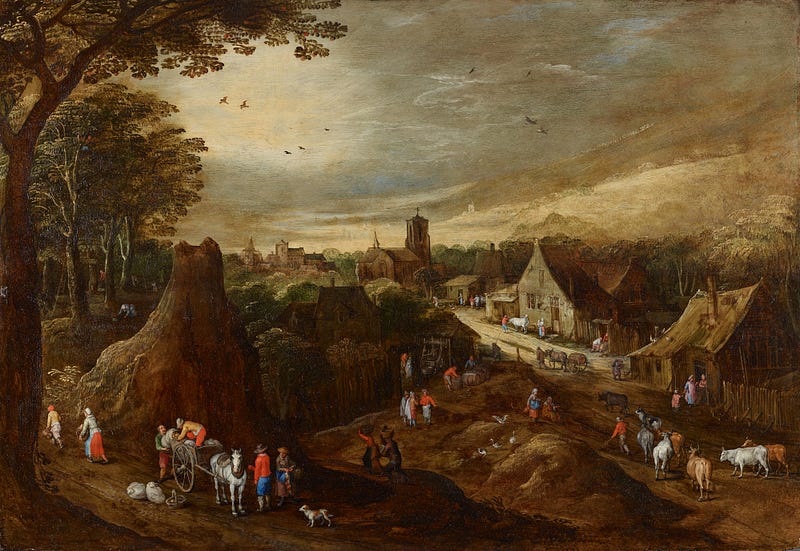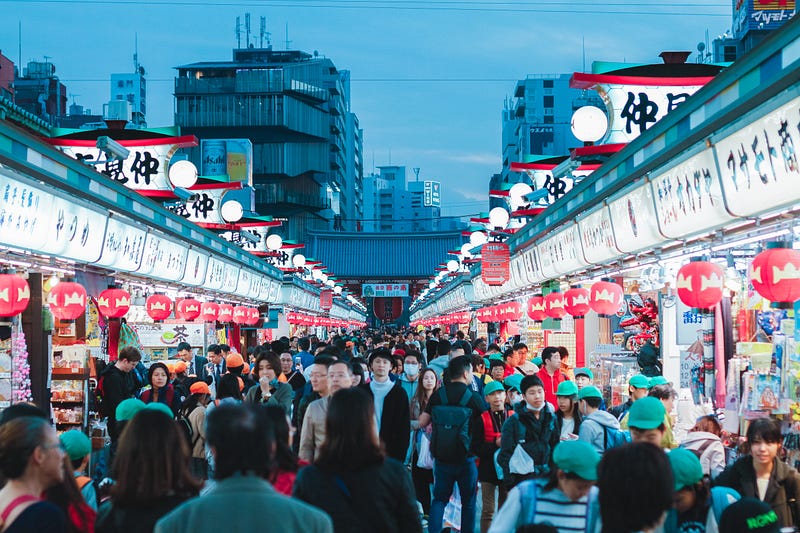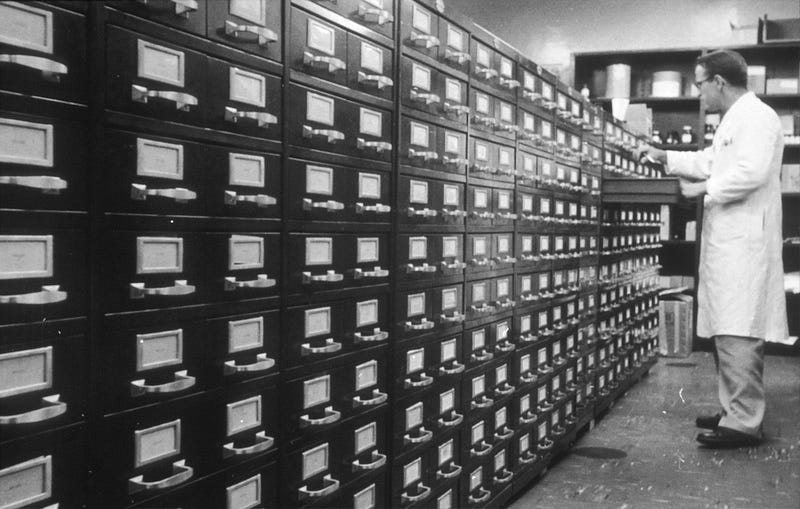A Discussion of Bourgeois Equality Chapter 3 “Then Many of Us Shot Up the Blade of a Hockey Stick”
After establishing the last chapter that industrialization led to technological change growing output faster than population for the first time in human history, we return to the idea of the Great Enrichment introduced in the first chapter.
McCloskey now turns to the source of the Great Enrichment, her term for the material betterment of the past 200 years that has helped billions escape subsistence-level living for the first time in history.
Why? Because of the Bourgeois Deal. (p. 21)
For the first time, the ideology of liberty and dignity for the common people took root and allowed them to find and implement “schemes of betterment” we know as capitalism. (p. 21)
McCloskey spells out the Bourgeois Deal further in steps: (p. 21)
- The common person (the bourgeois) is given the liberty and dignity to enjoy voluntary trade and keep the profits;
- While accepting that any profits will attract competitors; and
- The final result is a positive-sum gain that makes all better off because the producers get profits and consumers get goods and services.
This is in contrast to the Aristocratic Deal it replaced. In similar steps: (p. 22)
- The common person accepts the “natural inequality” that means they should pay rents to the aristocrat;
- While accepting they should not seek out any competition to this arrangement; and,
- The final result is a zero-sum game where no new wealth is created. It is simply extracted from the common man and in return the Aristocrat lets him live.
I had been taught this deal provided protection to the common many, but McCloskey refutes this claim and instead calls it extortion.
Essentially, she is calling the Aristocratic Deal a protection racket: “Nice place you got here, sure would be a shame if something happened to it!”
Whether it was a more fair arrangement of protection or a less fair arrangement of extortion, the Aristocratic Deal did not cause growth. It only redistributed income.
McCloskey notes growth only came when the Bourgeois Deal set the common man free to better his situation.
In northwestern Europe the strange idea grew up that aristocracy (the rule of the best by descent) and theocracy (the rule of priests) and even plutocracy (the rule of the present rich) were all nasty. What replaced them in people’s ideology, slowly, was the rule of the better technique, allowing free entry to compete with the monopolies that the aristocrats or the plutocrats had arranged under the aegis of a captured government. (p. 22)
That really stood out to me because what seems to be strangling our country today is an increasing monopolization across industries.
While the Bourgeois Deal may have caused the explosive growth in income McCloskey is calling the Great Enrichment, we now seem to be falling back under monopolies our current plutocrats have “arranged under the aegis of a captured government.”
We may be losing our “betterocracy” that has gotten us where are today. Using her knowledge of Greek, McCloskey calls it a “kaluterocracy.” (p. 22)
“Down with the plutocracy! Up with the kaluterocracy!” Not sure it will catch on.
The Hockey Stick
Finally, you find out what the title is about.
It is a description of what a graph of economic growth would look like over the past several thousands of years. Essentially flat at nearly 0% until the last 200 years when country after country finds its growth soaring.
That is, the graph looks like a hockey stick lying on its handle.
McCloskey mentions a great video for visualizing the immense growth we have seen in the last couple of years that I use in my classes, Hans Roling’s “200 Countries, 200 Years, 4 Minutes.”
Conclusion
Critics of capitalism from the Left charge it has led to a loss of “the virtues of altruism, cooperation, tolerance, and compassion” while the Right charge it has led to an existence with “no spiritual or moral life.” (p. 25)
However, McCloskey is not calling it the Great Income Enrichment because it has not just been income. It has been a Great Spiritual Enrichment as well.
The Great Enrichment is more than money — the higher standard of living has allowed people to live a fuller more meaningful life.
It is only from the great rise in income that we can afford to be artists and musicians and philosophers, focusing on creative and spiritual pursuits because we do not have to spend all our time finding food and clean water.
The mid-1800s saw a utopian movement born in reaction to the upheaval of the capitalist industrial revolution. Marx was not impressed with their methods even as he agreed with their goal of ending capitalism.
All these anti-capitalist movements saw private property as the root of the problem. Only upon ending this, the anarchists, socialists, and communists argued, could we move to a great enrichment.
None of these movements had any success. Only capitalism raised people out of poverty, both poverty of goods and higher needs.
…the spiritual enrichment followed from the Great Income Enrichment that arose from property-encouraged and trade-tested betterment, not from their abolition. We are experiencing in the twenty-first century a worldwide explosion of high culture, out of capitalism. (p. 25)
Here’s what I keep coming back to, both in my classes and in my writings here on Medium: it is so important to understand how we got here to make sure we do not undo our progress by destroying its root causes like the protection of private property.
The Bourgeois Deal, or the klauterocracy, means we should be celebrating the liberty and dignity of the common people, not squashing them on behalf of the plutocrats.
Reference: McCloskey, Deirdre Nansen, 2016. “Then Many of Us Shot Up the Blade of a Hockey Stick,” Chapter 3 of Bourgeois Equality, The University of Chicago Press.
Join Medium with my referral link – Ellen Clardy, PhD
As a Medium member, a portion of your membership fee goes to writers you read, and you get full access to every story…eclardy.medium.com
By Ellen Clardy, PhD on .
Exported from Medium on December 15, 2022.




